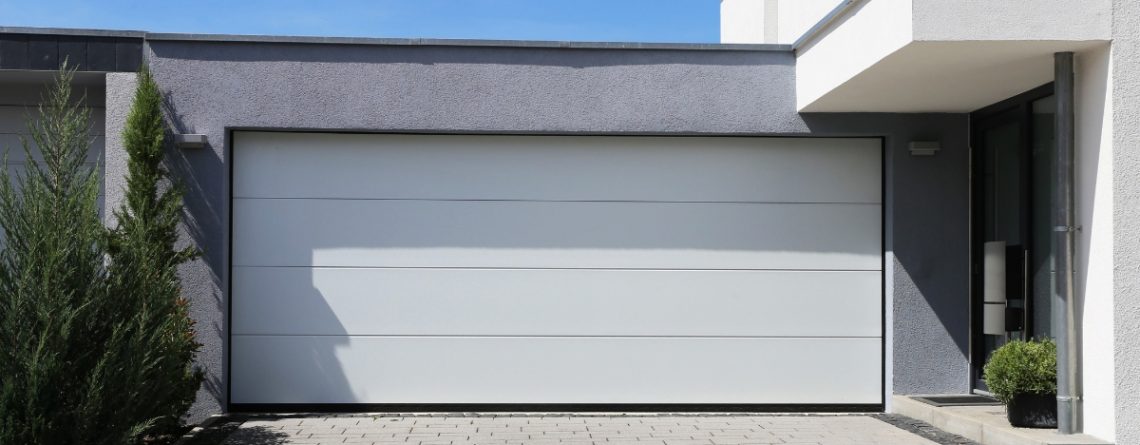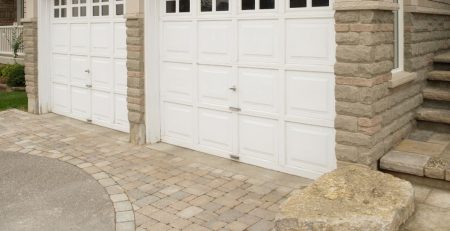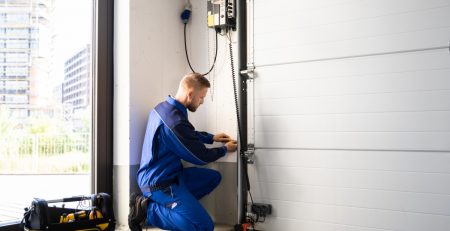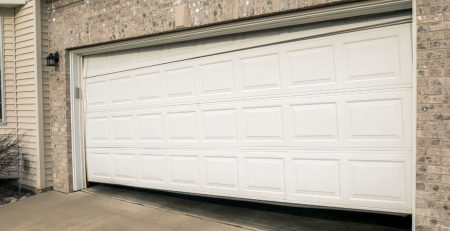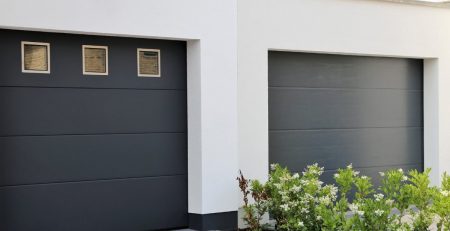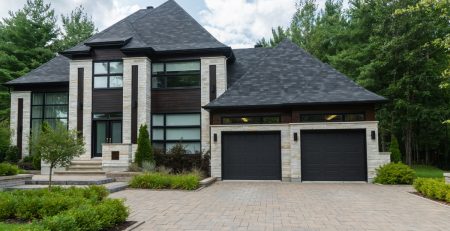Insulated vs. Uninsulated Garage Doors – Ultimate Guide
Your garage door is more than just a way to keep your car out of the elements. It’s vital to your home’s security, curb appeal, and energy efficiency. But when it comes to choosing a new garage door, one of the most significant decisions you’ll face is whether to go with an insulated or uninsulated model.
This ultimate guide will delve deep into insulated vs. uninsulated garage doors, helping you understand the pros and cons of each option and ultimately choose the best fit for your needs and budget.
Understanding Garage Door Insulation
Before we dive into the specifics, let’s establish a baseline understanding of garage door insulation. Insulated garage doors feature a layer of insulating material, typically polystyrene or polyurethane foam, sandwiched between the two metal panels that make up the door. This insulation creates a thermal barrier, helping to regulate the temperature inside your garage.
The Advantages of Insulated Garage Doors
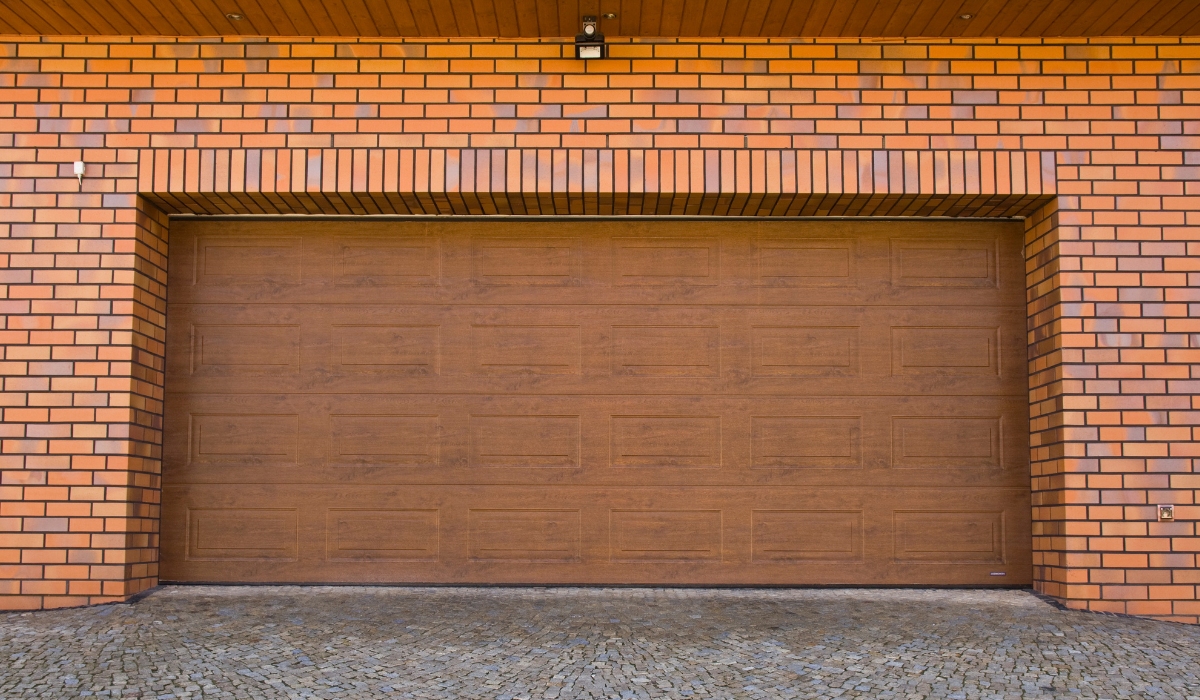 There are numerous compelling reasons to choose an insulated garage door for your Edmonton home. Here’s a breakdown of the key benefits:
There are numerous compelling reasons to choose an insulated garage door for your Edmonton home. Here’s a breakdown of the key benefits:
Increased Energy Efficiency
- Reduced Heating and Cooling Costs: Insulated garage doors’ impact on energy bills is one of the most significant advantages. The insulation layer prevents extreme temperatures from transferring between your garage and the outside environment. This means your HVAC system won’t have to work as hard to maintain a comfortable temperature in your home, especially if your garage shares a wall with your living space.
- Year-Round Comfort: Insulated garages are simply more pleasant to be in. During the summer, the insulation helps keep the garage cooler, making it a more enjoyable space for hobbies, storage, or even a workshop. Conversely, in the winter, an insulated garage won’t be as susceptible to the frigid Canadian temperatures, protecting your belongings and making it a more comfortable environment for working on your car.
Enhanced Durability and Strength
- Superior Resistance to Dents and Damage: The added insulation layer in insulated garage doors provides them with increased structural integrity. This makes them more resistant to dents from accidental bumps, stray balls, or even minor weather events like hail.
- Longer Lifespan: Insulated garage doors generally tend to last longer than their uninsulated counterparts due to their enhanced durability. This translates to a wiser long-term investment for your home.
Improved Noise Reduction
- Quieter Operation: Insulated garage doors offer a significant improvement in noise reduction. The insulation dampens the sound of the door opening and closing, making your garage a quieter environment overall. This is especially beneficial if you use your garage for hobbies that involve power tools, music, or other loud activities.
- Reduced Street Noise: The insulation also helps to block out noise from the outside world, creating a more peaceful and serene environment in your garage and potentially even in your home if the garage shares a wall with a living space.
Increased Home Value
An insulated garage door can give your Edmonton home a significant edge regarding curb appeal and resale value. These doors not only look more substantial and aesthetically pleasing, but they also demonstrate to potential buyers that you’ve invested in a quality product that will enhance the home’s overall comfort and energy efficiency.
Considering Uninsulated Garage Doors
While insulated garage doors offer many advantages, uninsulated doors have their place, particularly in specific situations. Here’s a closer look at uninsulated garage doors:
Lower Initial Cost
The most significant advantage of uninsulated garage doors is their lower upfront cost. They are typically constructed from a single layer of steel, making them a more budget-friendly option.
Suitable for Detached Garages
If your garage is detached from your home and not used as a living space, an uninsulated door may be a perfectly acceptable choice. Since it’s not directly impacting your home’s climate control, the energy efficiency benefits of insulation become less crucial.
Milder Climates
An uninsulated garage door may suffice for homeowners in regions with mild climates where extreme temperatures aren’t a significant concern. However, even in milder climates, insulation can still offer some benefits regarding noise reduction and limited climate control.
Key Considerations When Choosing Between Insulated and Uninsulated Garage Doors
Now that you understand the pros and cons of both options, here are some key factors to consider when making your decision:
- Climate: If you live in a region with extreme temperatures, an insulated garage door is a wise investment for year-round comfort and energy savings.
- Garage Usage: If you use your garage as a workshop, home gym, or additional living space, an insulated door will make it a more comfortable and enjoyable environment.
- Attached vs. Detached Garage: For attached garages that share a wall with your living space, insulation is crucial for maintaining energy efficiency and preventing extreme temperatures from impacting your home’s climate control.
- Noise Reduction: If noise reduction is a priority, mainly if your garage is near a bedroom or living area, an insulated door will significantly dampen sound inside and outside the garage.
- Curb Appeal and Resale Value: When considering resale value, an insulated garage door presents a more upscale appearance and demonstrates to potential buyers that you’ve invested in a quality product that enhances the home’s overall value.
- Long-Term Investment: While uninsulated doors have a lower initial cost, insulated doors tend to be more durable and last longer, potentially making them a more cost-effective choice in the long run.
Choosing the Right R-Value for Your Insulated Garage Door
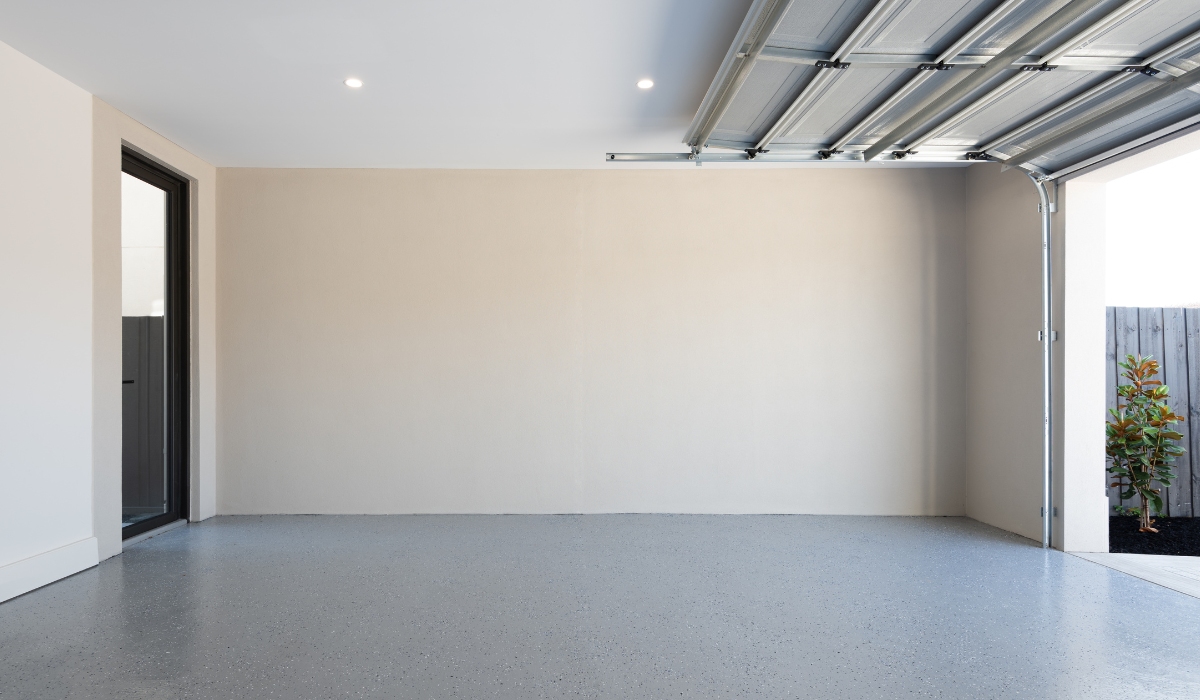 If you’ve decided on an insulated garage door, the next step is to consider the R-value. R-value measures a material’s thermal resistance, with a higher number indicating better insulation. Here’s a general guide for choosing the right R-value for your Edmonton home:
If you’ve decided on an insulated garage door, the next step is to consider the R-value. R-value measures a material’s thermal resistance, with a higher number indicating better insulation. Here’s a general guide for choosing the right R-value for your Edmonton home:
- Mild Climates (R-value 6-7): An R-value of 6 to 7 can provide sufficient insulation for areas with mild winters and hot summers.
- Moderate Climates (R-value 8-10): In regions with moderate winters and summers, an R-value of 8 to 10 is a good option for maintaining comfortable temperatures in your garage.
- Cold Climates (R-value 11-14): For Edmonton’s cold winters, an R-value of 11 to 14 is highly recommended for optimal energy efficiency and year-round comfort in your garage.
Finding the Perfect Insulated Garage Door for Your Home
Now that you’re armed with the knowledge to choose between insulated and uninsulated garage doors, it’s time to find the perfect fit for your Edmonton home. At Gulliver Garage Doors, we offer a wide selection of high-quality insulated garage doors from trusted brands.
Our knowledgeable team can help you assess your needs and recommend the ideal door with the proper R-value, style, and functionality to meet your budget. We also provide expert garage door installation and repair services to ensure your new door operates smoothly and efficiently for years.
Call Gulliver Garage Doors Today
Don’t settle for a cold, drafty, and noisy garage! Investing in a high-quality insulated garage door from Gulliver Garage Doors will enhance your home’s comfort, energy efficiency, curb appeal, and potentially even its resale value.
Contact Gulliver Garage Doors today for a free consultation and quote. We’re your trusted partner for all your Edmonton garage door needs!

